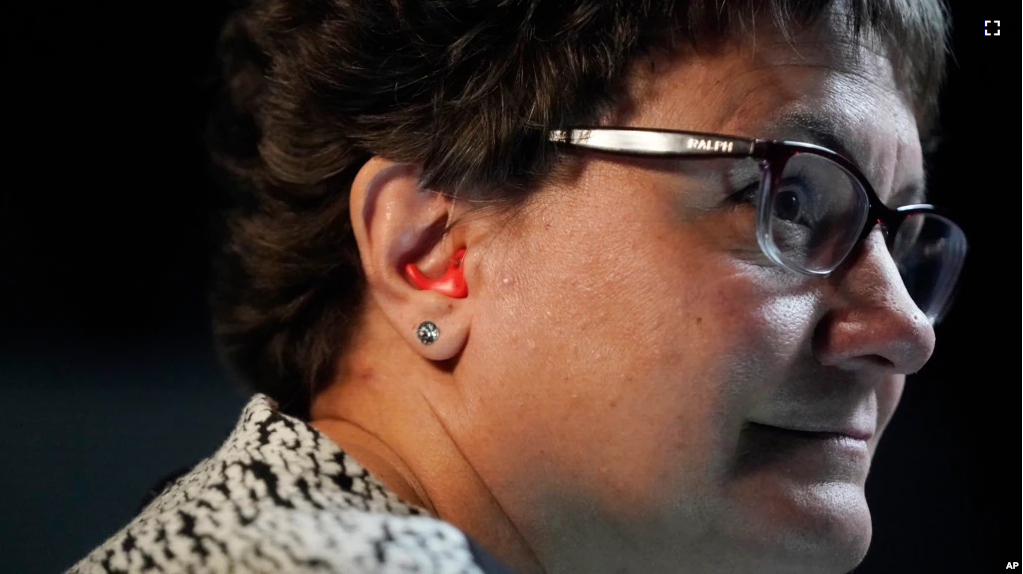Americans will be able to buy hearing aids later this year without seeing a doctor or receiving a medical examination.
The U.S. Food and Drug Administration (FDA) has approved a new class of hearing aid devices. They do not require a medical exam or a prescription. The devices will be sold online and in stores.
The devices are designed for adults with mild to moderate hearing problems. The FDA estimates that the hearing aids could help nearly 30 million adults in the United States. Only about one-fifth of people with hearing problems use the devices currently.
“Today’s action by the FDA represents a significant milestone in making hearing aids more cost-effective and accessible,” Health and Human Services Secretary Xavier Becerra, told reporters Tuesday.
The FDA first proposed the rule change for hearing aids last year. The new rules will take effect in the middle of October. The move follows years of pressure from medical experts and others to make the devices less costly and easier to get.
Cost is a barrier right now. Americans can pay more than $5,000 for hearing aids. The cost is for the device itself and fitting services. Private insurance coverage is also limited for the devices. And government insurance for older people, known as Medicare, does not pay for them. Medicare only pays for hearing tests.
“The requirement to see a specialist was not only a burden and an annoyance for many consumers but it actually created a competitive a barrier to entry,” said Brian Deese, a White House economic adviser. Deese added that the government estimates that Americans could save as much as $2,800 for a set of hearing aids if they want to buy them.
But FDA officials noted that the savings will depend on when manufacturers launch products and how much they cost
“It’s very hard to predict exactly what we’ll see and when,” said Dr. Jeffrey Shuren, the FDA’s medical device chief. Shuren said officials expect to see increased competition from new manufacturers. They also expect new products from existing hearing aid makers.
The new ruling will only help people with mild and moderate hearing problems. Those with severe hearing loss still need to visit medical doctors and health specialists for examinations and fittings.
Some consumer electronics companies have produced low-cost “personal sound amplification” devices for years. But they are not supervised by the FDA. And they cannot be marketed as hearing aids. The new rule states clearly that those devices are not FDA-approved hearing aids.
I’m Mario Ritter, Jr.
Hai Do adapted this Associated Press report for VOA Learning English.
________________________________________________________________
Words in This Story
prescription –n. a written message from a doctor that officially tells someone to use a medicine or a treatment
mild –v. not bad or severe
milestone –n. an important point in the progress or development of something
accessible –adj. able to be used or gotten
insurance –n. an agreement in which a person makes regular payments to a company and the company promises to pay money if the person gets sick or dies, or if they lose the use of covered property
burden –n. something that is difficult to deal with
annoyance –n. a feeling of being a little angry or bothered about something
